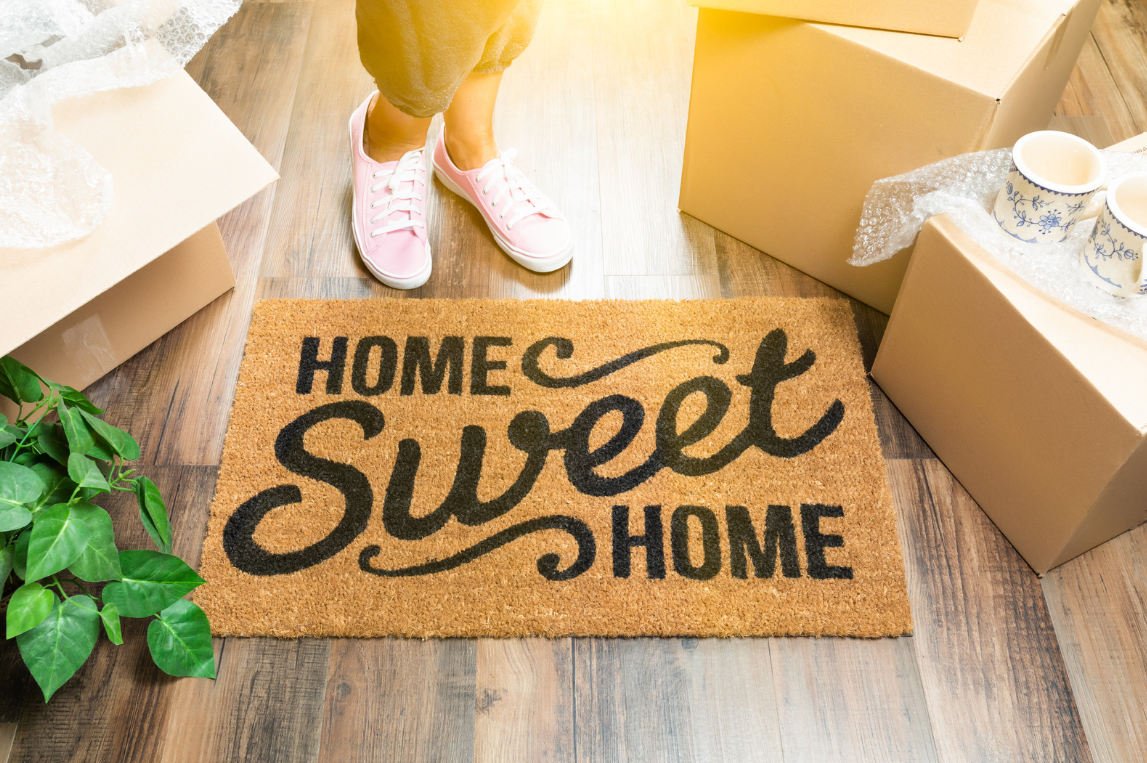The Rise of Fractional Homeownership: A Game-Changer or a Gimmick?
In today’s high-priced housing market, many would-be buyers are looking for creative ways to break in — or invest — without shouldering the full cost of a property.

For those blessed with the capacity to purchase a home, a number of choices abound: geography, number of bedrooms, attached/detached garage, finished vs. unfinished basement etc. For all these options, however, a more fundamental question challenges buyers. That question centers around whether they prefer new construction to a pre-existing house that has had previous occupants. Obviously, there are points in favor and against either alternative. Key to a final decision are affordability, personal taste and post-purchase plans, e.g. remodeling or repairs. These variables face every buyer when deciding between a re-sale house and a newly erected one.
Advantages and Disadvantages of New Construction
According to Realtor.com, one-third of all homes on the market are new, i.e. recently built with no previous inhabitants. These are the very drivers of their appeal -- no aging, no wear and tear that often diminish home values. Single-family residences, condominiums and townhouses can represent new construction. Their positives almost go without saying:
New houses are generally free of components that need fixing or replacement.
They can be tailored to the specifications of the buyer, though additional cost might be involved.
Regular maintenance services like plumbing and HVAC service are deferable for a while.
Most new houses are protected by warranties issued by the builder or developer.
All inspections are complete and the structure is code-approved.
Builders may throw in financing bonuses for going with their affiliated lenders.
Floor plans are more state-of-the-art than with older homes.
This is not to say a brand new house is always optimal. Drawbacks exist alongside benefits.
Government-backed and private research indicates that new homes are more expensive, often by tens of thousands of dollars.
Construction delays and other unforeseen events can postpone a real estate closing.
Landscapes are barren in many cases, awaiting the attention of owners.
Property taxes can be higher because new infrastructure demands capital investment.
Pros and Cons for Existing Homes
Your dream house could be one that is already built -- and perhaps standing for many decades. Some of the most desirable neighborhoods are already stocked with houses. Why are existing homes preferable?
The operative word is "existing." There is no waiting for completion, inspection or certificate of occupancy. The house might need some work, but it is habitable and ready.
Buyers negotiate with sellers -- person-to-person as opposed to person-to-contractor. Individual sellers are easier negotiating partners.
There is no surrounding construction and development going on. Neighborhoods are established and relatively peaceful.
Fewer decisions: while remodeling may be in the cards, buyers are not immediately confronted with selecting cabinetry designs, fixture styles, trim etc.
Existing home values are set because everything is already finished when the contract gets signed.
Yet there is a flip side to these benefits.
Let the repairs begin: the creaky floorboards and stairs; the old, leaky roof; the furnace gasping its final flames -- older homes often show their age and need maintenance and replacements sooner.
A re-sale house is going to have features you would like to change. In exchange for the good things, you must either live with the undesirable characteristics or pay the price to change them.
Competition is fierce. More home shoppers are on the prowl for existing homes.
Utility bills are high. Without the more modern technology that conserves electricity and employs efficiency, utility bills can soar during the extreme weather months.
So, buyers pay more on the front end or back end. The choice is yours!